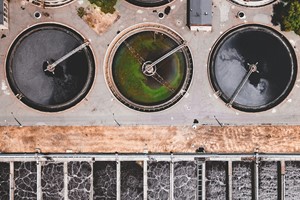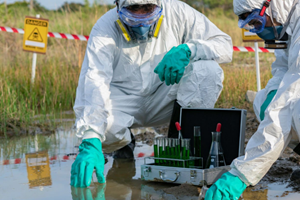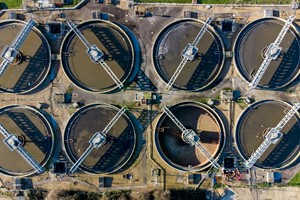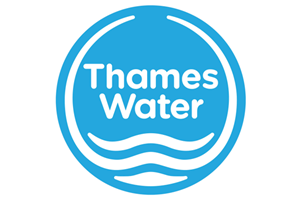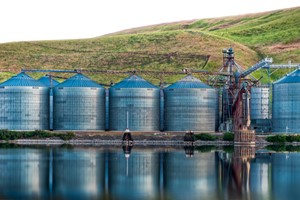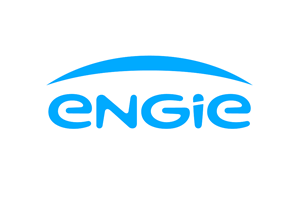A major collaborative study led by United Utilities, with partners including Southern Water, Wessex Water, the University of Portsmouth, Power & Water, Kolina, Hydro Industries, Evergreen, and knowledge-sharing partner Spring Innovation, is delivering promising results in sustainable phosphorus removal at rural wastewater treatment works. Funded by Ofwat’s Water Breakthrough Challenge in 2021, the ALT-P project has already seen one innovative method adopted by United Utilities at sites in Cheshire.
The ALT-P initiative, set to conclude in November 2025, explores alternatives to traditional chemical-based phosphorus removal, focusing on electrocoagulation, natural coagulants, and reactive media. The project’s aim is to provide a comprehensive understanding of cost, capability, maintenance, and carbon impact, while reducing reliance on metal-based coagulants like ferric sulphate.
Electrocoagulation trials conducted at United Utilities’ Woolton wastewater treatment works in Liverpool showed the process effectively removes phosphorus without requiring chemical dosing. The benefits included reduced health and safety risks, lower carbon impact, and improved alkalinity management. Similarly, natural coagulants—developed from plant extracts, algae, and tree bark—proved viable in trials, with United Utilities incorporating them into their AMP7 investment programme.
Research into reactive media, led by Southern Water and the University of Portsmouth, revealed materials like Phosflow pellets and cockleshell to be highly effective, achieving low phosphorus levels in trials at West Marden and Petersfield wastewater treatment works. These materials offer scalable options for future adoption.
Lisa Mansell, Chief Engineer for Innovation and Carbon at United Utilities, highlighted the project’s potential: “The ALT-P project has achieved fantastic outcomes, directly supporting the water sector’s drive to embed more sustainable treatment processes. These approaches will increase resilience, deliver financial and carbon savings, and help maintain compliance, ultimately leading to a cleaner environment.”
With excess phosphorus being a major driver of water quality issues and UK water companies spending £39 million annually on metal-based chemicals, the findings from ALT-P offer transformative solutions, particularly for smaller rural sites with unique challenges. Future pilot projects and the release of industry guidance on reactive media by the end of 2024 aim to expand the scope of these innovative approaches, ensuring broader environmental




